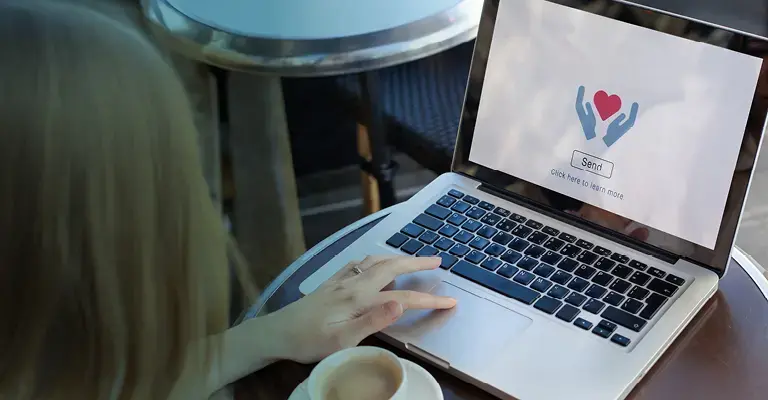Since launching our grantmaking activities in 2014, we have awarded over $26.4 million in support of our research priorities: access, affordability, and the value of legal education.
Awarded Grants
Grant Program
Grant Status

The University of Utah S.J. Quinney College of Law
Grant Title: The “Law as Influence, Law as Change"
The “Law as Influence, Law as Change” program seeks to increase the participation of historically underrepresented and minoritized students in the Four Corners region attending Utah State University Blanding ("Blanding") in Blanding, Utah. The program would sponsor students for a four-week learning experience. In the first two weeks, they will receive instruction at the Blanding site. The final two weeks will take place on campus and in-residence at the University of Utah in Salt Lake City.
View grant outcomes.
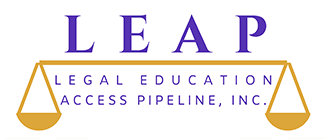
Legal Education Access Pipeline (LEAP)
Legal Education Access Pipeline (LEAP), a 501(c)(3) nonprofit organization now in its third year of operations. LEAP was established to diversify the legal sector and serves college juniors, seniors, and recent graduates from racial and socioeconomic backgrounds that are underrepresented in the legal profession. Leaning on research about successful diversity pipelines and education access initiatives, LEAP’s programs address the primary barriers to law school for the participants they serve.
View Grant Outcomes.

UC Berkeley School of Law
This grant will support the development of the Pre-Law Online Curriculum, a web-based, mobile-friendly pre-law advising center that is free and available to all. This system will provide instructional modules, community discussions, and online resources to students preparing for law school.
View grant outcomes.
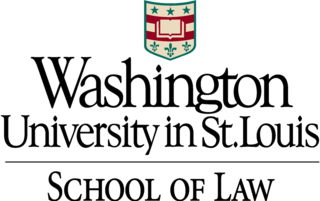
Washington University School of Law
The project aims to evaluate factors that will enhance the value and relevance of legal education, especially for historically underrepresented groups. The first objective is to create a nationwide archival dataset on lawyer rosters, lawyer disciplinary actions, and state occupational licensing requirements for lawyers in the United States from 1900 to 2018. Second, the research will investigate the effects of a host of law school and licensing policies that are relevant to the value of legal education.
View grant outcomes.
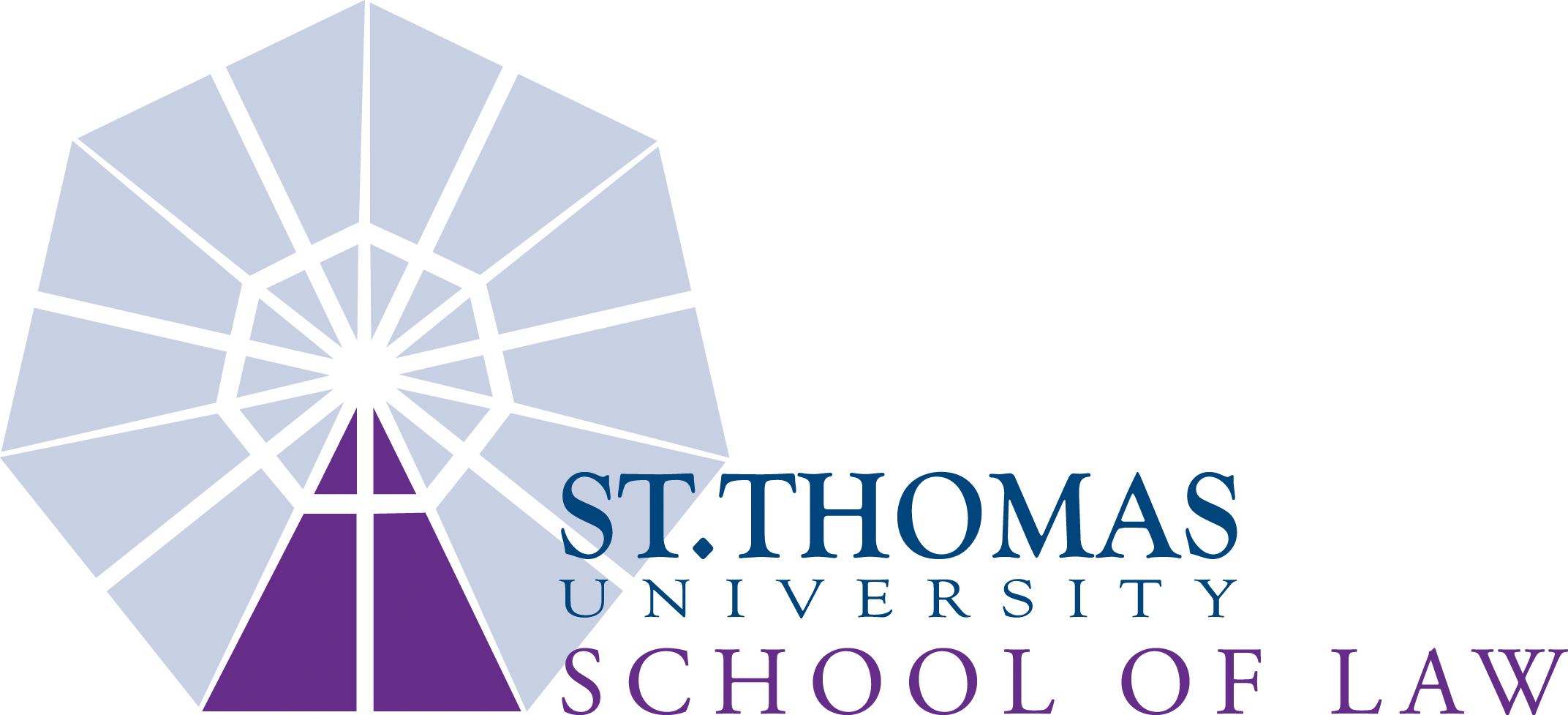
University of St. Thomas School of Law
Over the last few years, a growing number of law schools have implemented a required first-year course/program focused on professional development or professional identity formation. To date, there has been no assessment of which of the courses/programs are most successful in advancing students with respect to learning outcomes associated with professional development. This project would be designed to assess these courses/ programs and to identify the most successful pedagogies.
View grant outcomes.
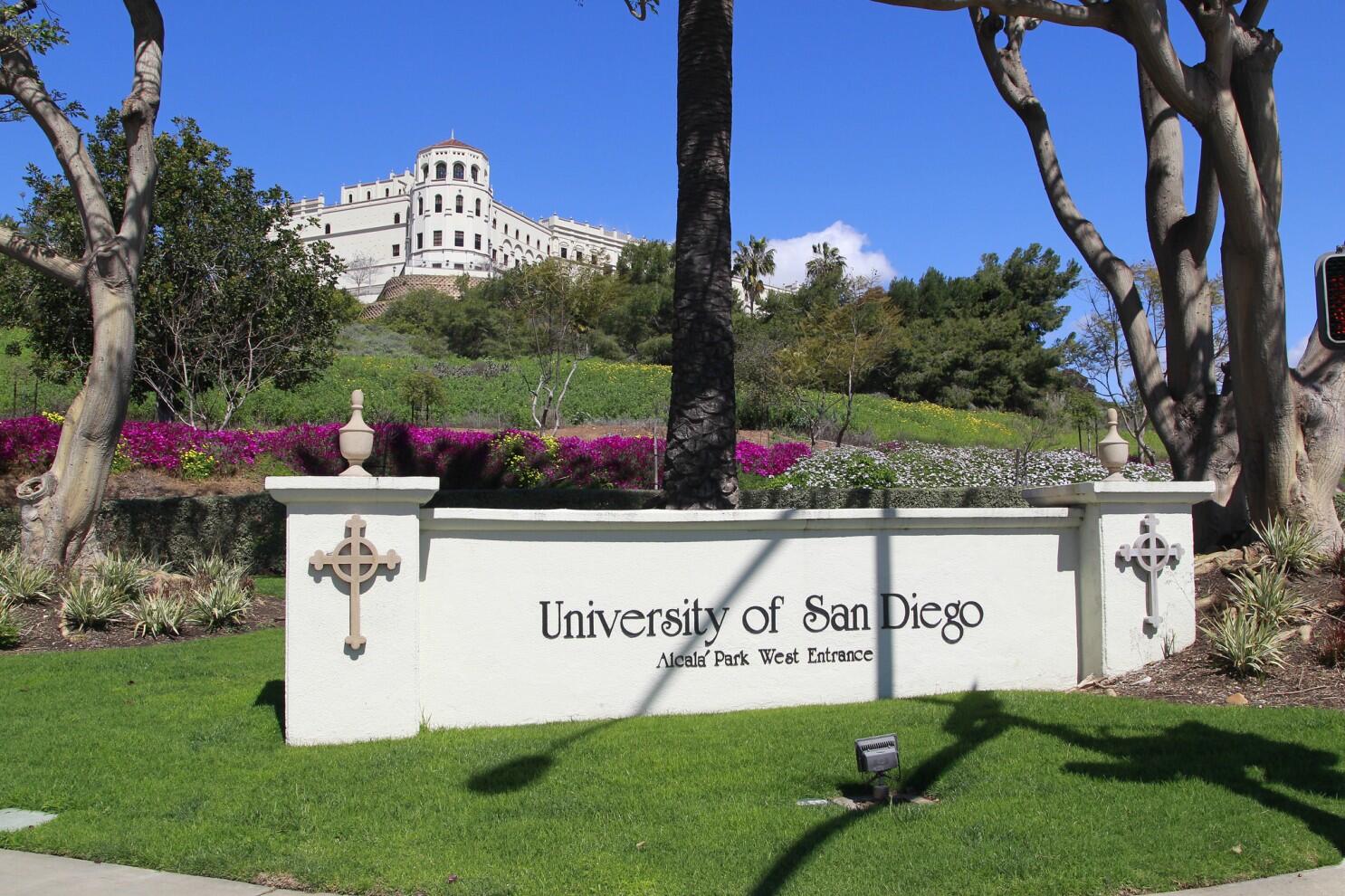
University of San Diego
The University of San Diego School of Law’s (USD) Center for Public Interest Law (CPIL), in partnership with the School of Business Department of Economics, plans to research inequality with respect to access to legal services. USD will investigate whether the lack of diversity in the attorney workforce directly impacts access to legal services by low-income, disadvantaged consumers, and whether the existing cut score of California’s Bar Exam is contributing to the justice gap in California.
View grant outcomes.
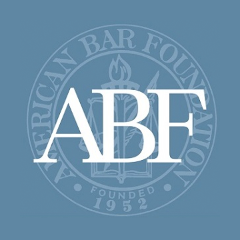
American Bar Foundation
The project will employ anthropological linguistic methods to examine how inequality is sustained in law schools in order to help them create more supportive environments for students and faculty of color. Faculty interviews, observations, and autobiographical textual analyses will be used to identify the verbal and non-verbal interactional habits that contribute to institutional practice that may sustain implicit biases.
View grant outcomes.
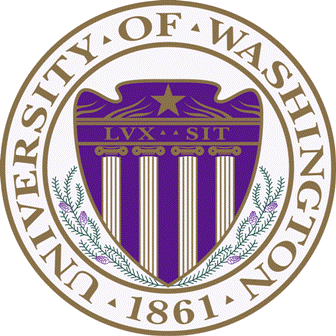
Washington University School of Law
The Washington University School of Law received a grant to support a multi-school examination of the relationship between experiential coursework, bar subject coursework, outcomes on the bar examination, and securing an initial post-graduation legal job.
To read more, please visit A Study of the Relationship between Law School Coursework and Bar Exam Outcomes
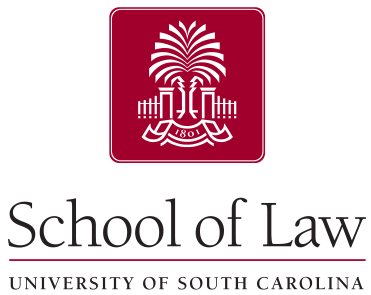
University of South Carolina School of Law
The University of South Carolina School of Law received a grant to assess the viability of race-neutral alternatives in law school admissions. The study surveyed first-year law students on race-neutral aspects of their identity to determine the relationship, if any, between race and identity factors.
To read more, please visit Assessing the Viability of Race-Neutral Alternatives in Law School Admissions

